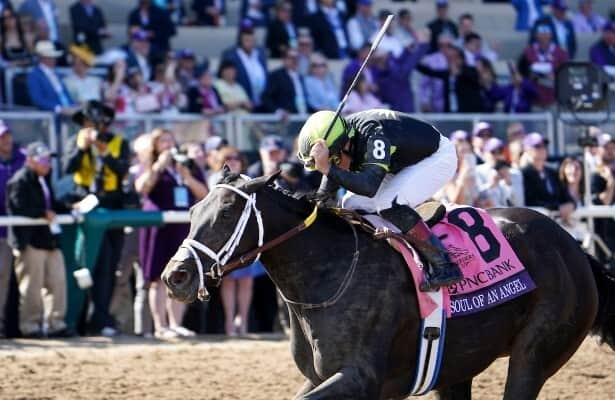Xi Jinping has called for Macau to prioritise economic diversification as its “first” hope as he wrapped up a three-day tour of the Chinese gambling hub to mark the 25th anniversary of its handover from Portugal.
Xi’s remarks on Friday came at the swearing-in ceremony for Macau’s new chief executive Sam Hou-fai, its fourth leader since the 1999 handover.
Analysts believe Sam, who is the city’s first leader to have been born in mainland China and its first without strong ties to the business sector, will support Beijing’s push for Macau to diversify beyond gambling. The sector, which contributes about 80 per cent of the city’s tax revenue, has made it one of the world’s fastest-growing economies in recent decades.
“First, [Macau] should focus on promoting appropriate economic diversification,” Xi said as he urged Sam’s administration to increase policy support and investment in new industries.
Xi also said the “one country, two systems” arrangement — which guided the return of Macau and neighbouring former British territory Hong Kong to Chinese rule — must be upheld “for a long time” to ensure “prosperity and stability” in the city.
China’s leader, who arrived in Macau on Wednesday, had said he was looking forward to meeting stakeholders from across the city. He also visited the Macau University of Science and Technology, where he was briefed on labs researching traditional Chinese medicine and planetary science and attended a cultural performance at the Macau dome, according to Chinese state media.
“Xi’s visit is significant not just for its symbolism but for its messaging,” said Anthony Lawrance, founder of consultancy Intelligence Macau. “It will be the first time that he heaps praise on Macau for a job well done. His previous trips were to admonish and cajole.”
Macau, the only Chinese territory where gambling is legal, has enjoyed a huge surge of investment since the liberalisation of its gaming monopoly in 2002, including from US-listed casino groups Las Vegas Sands, MGM and Wynn.
But the city has become reliant on streams of visitors from mainland China. Its economy suffered during the Covid-19 pandemic as strict quarantine and travel rules blocked arrivals.
Beijing also moved in 2022 to crack down on junket operators who offered credit and lavish hospitality packages to attract high-spending Chinese gamblers. Authorities accused them of running huge underground financial mechanisms.
As a condition for the renewal of their gaming licences last year, Macau’s six major casino operators pledged more than 90 per cent of their roughly $15bn in combined investments over the next decade towards non-gaming enterprises such as conventions, events and exhibitions.
“All of the operators in the industry are redoubling their efforts in diversifying and increasing the non-gaming components of their offering,” Grant Chum, chief executive of Sands China, one of the city’s biggest employers, told the Financial Times this month.
But analysts said such a shift would be difficult. “Macau faces a number of challenges,” said David Green, founder of Newpage Consulting and a former adviser to the city’s government, citing “a scarcity of human resources, relatively high labour costs and the dominance of the gaming industry”.
By 9am on Friday, a steady trickle of visitors had arrived at the city’s casinos, but non-gaming offerings, such as a stamps exhibition run in collaboration between MGM China and the Palace Museum in Beijing, went largely ignored.
Guo, a 53-year-old driver from neighbouring Zhuhai city in mainland China, said he had witnessed huge changes since his first trip to Macau in 1979. But, he added as he emerged from the casino at Sands China’s Venetian Macao resort, the official push for diversification had made little difference to him.
“I had a look to see what the luck was like in there,” he said. “Today I won more than HK$500 [US$64], and that’s good enough.”












